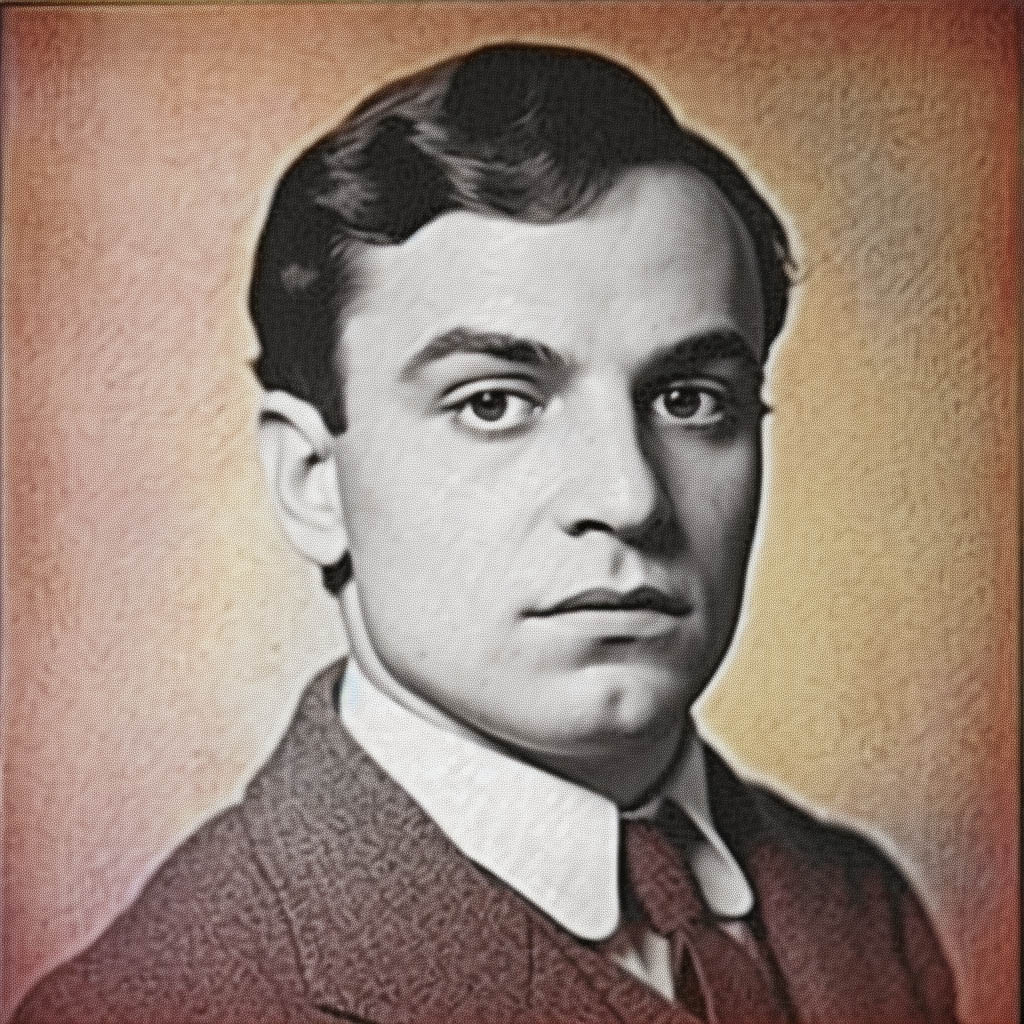
Konstantin Gorbatov
/1876-1945/
Konstantin Gorbatov was an artist whose name became synonymous with Russian émigré art. Born on the Volga River, he absorbed the beauty of Russian nature, which remained forever in his heart.
His path to the art world led him through Samara, Riga, and the Petersburg Academy of Arts. In 1922, unable to accept the new regime, Gorbatov emigrated with his wife. Europe welcomed him with open arms: exhibitions in Munich, Dresden, and other cities were hugely successful.
Gorbatov's works are idyllic landscapes imbued with love for his lost homeland. He created worlds where peace and beauty reigned, allowing viewers to immerse themselves in the atmosphere of Russian nature.
The Second World War was a difficult ordeal for him. Finding himself in Berlin, he faced poverty and a loss of interest in his work. But, despite the hardships, Gorbatov continued to work until the very end.
In 1945, shortly after the liberation of Berlin, the artist passed away. He bequeathed all his works to the Academy of Arts, expressing gratitude for the education he had received.
In 1968, Gorbatov's legacy was transferred to the USSR and became part of the collection of the Moscow Regional Museum of Local Lore, opening up the beauty and grandeur of his creations to new generations.